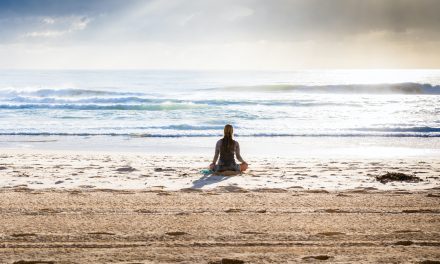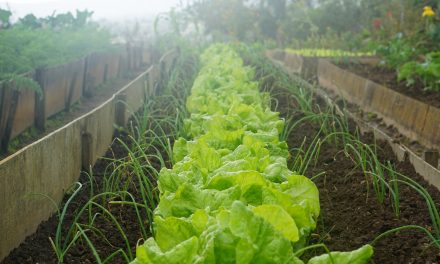The benefits of volunteering have been well studied in recent years, with results suggesting that doing things for others can improve our physical and mental health in numerous ways. The latest study to confirm this idea has been published in the American Journal of Preventive Medicine.
This time, researchers looked at what volunteering for an average of two hours or so each week could do for adults aged 50 or older. And what they found was that it substantially reduced their risk of developing physical limitations as well as improving their sense of wellbeing.
“Humans are social creatures by nature,” say the Harvard-based researchers. “Perhaps this is why our minds and bodies are rewarded when we give to others.
“Our results show that volunteerism among older adults doesn’t just strengthen communities, but enriches our own lives by strengthening our bonds to others, helping us feel a sense of purpose and wellbeing, and protecting us from feelings of loneliness, depression, and hopelessness. Regular altruistic activity reduces our risk of death even though our study didn’t show any direct impact on a wide array of chronic conditions.”
The study – which tracked 13,000 participants for four years – took place before the global coronavirus pandemic. But in today’s coronavirus-swept world many of us may feel the social interaction that comes with most types of volunteering could expose us to an unnecessary risk.
However Dr Eric Kim, the study’s lead author, suggests society needs volunteers now more than ever.
“If you are able to do so while abiding by health guidelines, you not only can help to heal and repair the world, but you can help yourself as well,” he says.
“When the COVID-19 crisis finally subsides, we have a chance to create policies and civic structures that enable more giving in society. Some cities were already pioneering this idea before the pandemic and quarantine, and I hope we have the willingness and resolve to do so in a post-COVID-19 society as well.”
Meanwhile, find out how altruistic behaviour could actually help relieve pain.
Photo by Clark Tibbs on Unsplash





